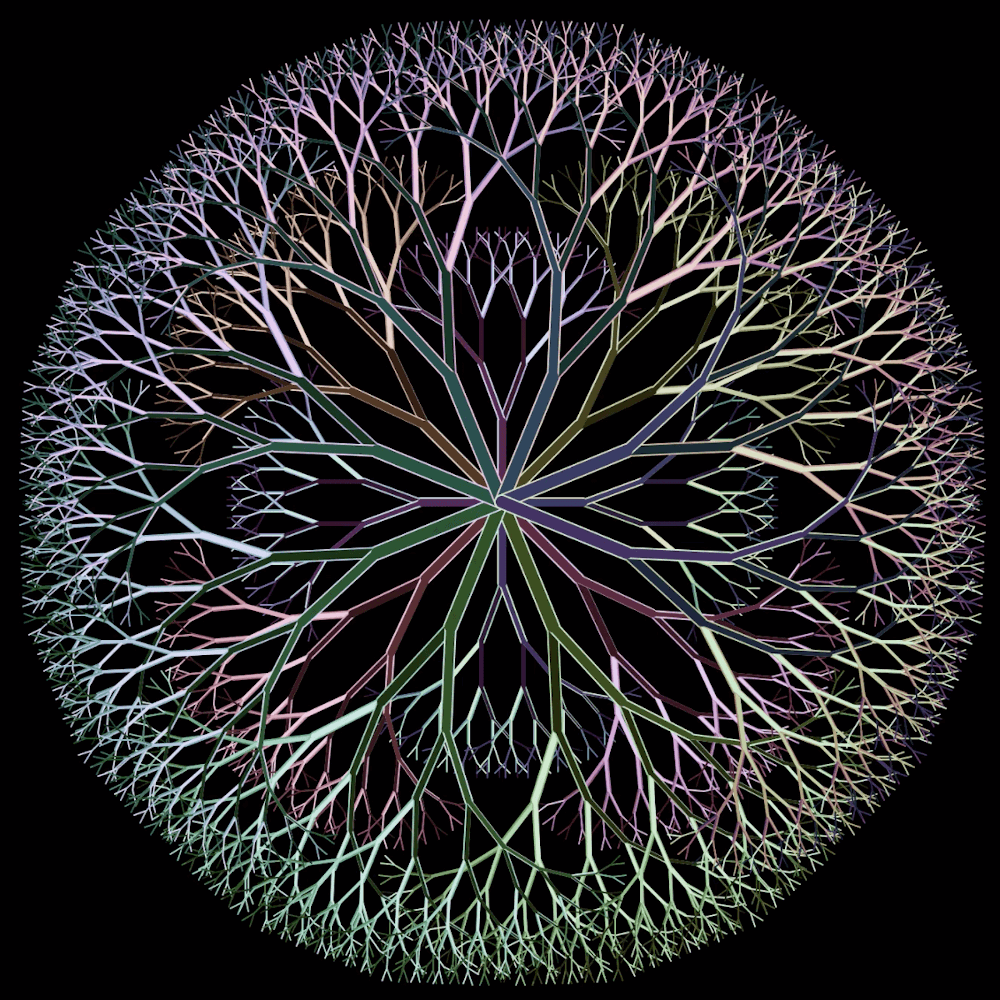A Prelude (Part I)
Since there are multiple motivations for this blog, there are likely going to be several themes going on at once and different paths that the blog might take in the long term. So I think it might be helpful for everyone, myself included, if as an introductory post (or two) I spell out why I am doing a blog and what I think it’s going to be about.
The simplest reason I want to do this is because it seems enjoyable and a non-stressful outlet for some creativity and expression. I like to believe that I spend a decent amount of time thinking about things and being reflective; sometimes it’s helpful to write your thoughts down, right? That’s more or less the point of a blog. My other motivations are a bit more complicated…
22 is a really strange age in the American school/work system. If you have followed a “standard” education path, you have just graduated with a Bachelor’s and you’re supposed to go into the real world. After graduation, you’re suddenly dumped into the “working adult” category where you’re considered the same as everyone from age 22 to 65-ish. In college, a large majority of the people you associate with are other university students, following similar study schedules, living on or near campus, and likely between the ages of 18 and 22. I’ve escaped or postponed this transition to “working adult” to some degree by entering graduate school, but I haven’t successfully avoided the “So what do you do?” question commonly associated with getting to know people. In college, when someone asks your major, you tell them, they nod, and you have a conversation whose length is directly proportional to the similarity of their major. The official title of my Ph.D. program is Bioinformatics and Computational Biology (BCB). So I generally tell people that, “I’m getting my Ph.D. in Bioinformatics.” And as often as not they respond, “Um… What is Bioinformatics?”
This is a rather interesting phenomenon, which I hadn’t considered before entering the field. If I had stayed in Chemistry, for example, people can think back to their high school chemistry class and recall that I do something with atoms. In one sense, you still haven’t given them any actual information about what you do, but at least they know the word chemistry, and can nod in acknowledgement. Even with Biochemistry, people grasp that it is the combination of Biology and Chemistry, and move on. Bioinformatics leaves them at a loss though.
I’m not implying that these people are stupid or ignorant. In fact, as a whole I’m referring to intelligent and well educated individuals. I’m just in a new, oddly-named field. Here are the advanced degrees offered by UNC:
http://gradschool.unc.edu/academics/degreeprograms/
The only major I don’t have some idea about simply based on the name is Periodontology… (If anyone reading this is studying periodontology, I feel you.) At least for the other ~100 degrees, you don’t have to start from the groundwork every time you want to tell people what you do. I understand that you go to graduate school to become particularly specialized in a field. But I don’t think that implies that the field itself should be so specialized that it’s unknown.
More importantly, the reason that I chose to study BCB is because I firmly believe the field is primed and ready to dictate the course of society in the coming century. Think about how computers have integrated themselves into all aspects of our daily lives over the last 50 years. Biology is going to do the same, because of the degree of control over biology provided to us by bioinformatics. I may be wrong, but I would assume that in 1950, virtually nobody knew the term Computer Science. It wasn’t their fault. They were used to “computers” being humans who did calculations.
The point, then, is that I am writing this blog because I believe that Bioinformatics is a field that is important enough that it should be at least known to everyone. Furthermore, it is up to the scientist and students of the field to ensure that the public have a decent and accurate knowledge of what we do and how it effects them. I don’t think scientists as a group have a great history of communication, but communication and conversation are going to become ever more important as technology becomes more pervasive.
Lastly, just graduating means that your friends for the last four years have dispersed across the country (or even the entire world). So you get to try to keep up with them, while making new friends, and finding time to call home once a week. For any of you who what to check in on what I’m up to recently, hopefully this can be a place you can visit. Graduate school is already living up to its promise of keeping me extremely busy, so my current plan is to post once a week on the weekends. Next week I’ll share some of the ideas for the blog and what I want to talk about.
Cheers.
